Finances
8 Ways to Protect Your Money During a Recession
Worried about how the economy will affect your financial security during a recession? Here are some of the best ways to protect your money during economic downturns.
Advertisement
Here is how you can prepare for a downturn in the economy.
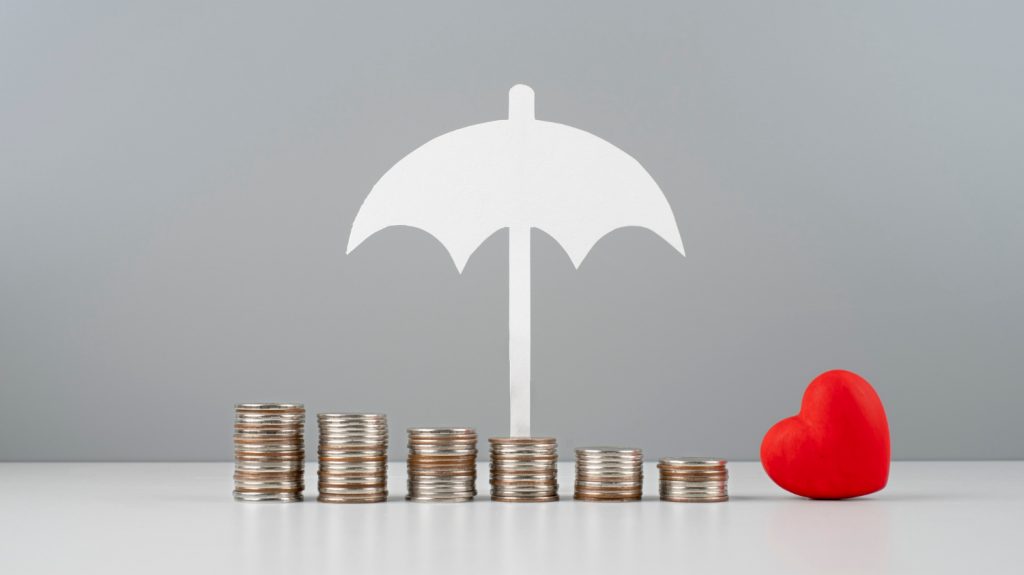
Do you know how to protect your money during a recession? Unfortunately, you better learn soon, so keep reading this blog post.
There are enough reasons to believe that the US economy is already in what economists call a technical recession. This means there have been two consecutive quarters of negative growth in real GDP.
In addition to another drop in the gross domestic product, consumers have also lost some of their confidence.
Inflation is still on the rise in spite of interest rates hikes from the FED, and the stock market is in a downtrend.
Another important indicator of a recession is an increase in layoffs. The tech sector, in particular, has experienced a peak in layoffs in recent months.
Most people (as much as 59% of Americans) believe we are in a recession.
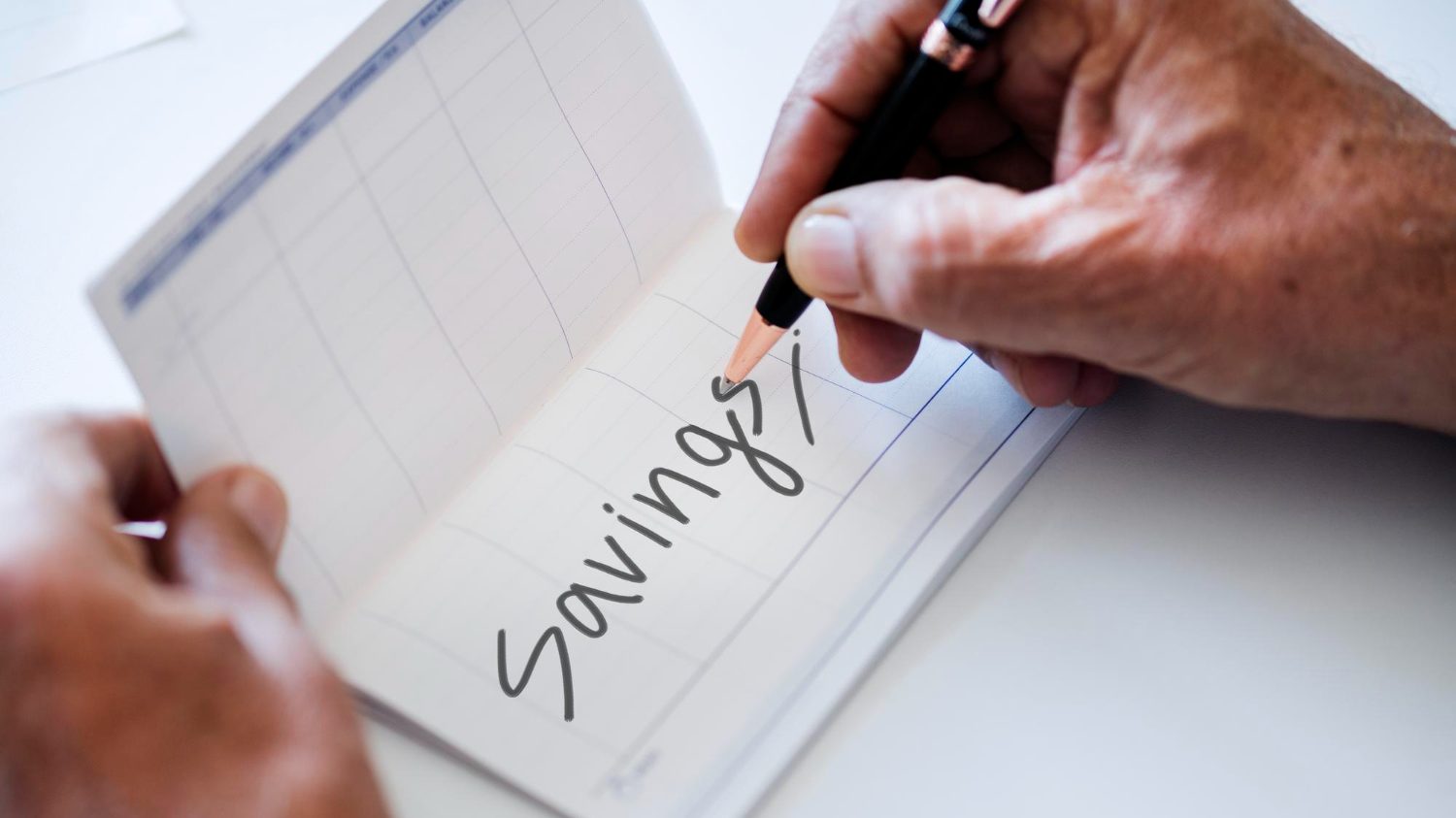
7 Reasons to Own Multiple Savings Accounts
In this article you will learn about 7 reasons why you should have multiple savings accounts.
Of course, there are contrarians who point to other factors, such as low unemployment levels, a healthy banking sector, and rising spending, to argue the opposite is true.
So on the one hand we have the National Bureau of Economic Research making the official call on a recession.
On the other hand, knowledgeable contrarians argue against this claim.
To help you navigate such an uncertain period, we have put together a list of 8 ways to protect your money during a recession.
But before diving into it, let’s have a look at some economic background.
The hard thing about hard things
There have been around a dozen economic setback periods in US history since the Great Depression. Such periods sometimes lasted a few months, sometimes over a year.
Economies work in cycles. This means there is always a recession lurking just around the corner.
It is not possible to predict when they will happen, and sometimes we can’t even tell it is happening when we are actually in the middle of it.
The only thing we can always be sure about is that we are heading toward a recession.
The question is not “if”, but “when”, “where”, “for how long”, “how deep” and “how we should respond”.
Most of the work that is done trying to figure out the specifics of a recession is a guessing game.
Be weary of anyone who tries to tell you otherwise, that might just be a sales pitch. Uncertainty is what makes recessions hard to figure out.
What we can do is to look at history, build context, and take action to control what we can about our money, resisting the urge to panic.
So here are eight ways you can protect your money during a recession.
You will be redirected to another website
By submitting this form, I agree that I am 18+ years old and I agree to the Privacy Policy and Terms and Conditions. I also provide my signature giving express consent to receive marketing communications via automated emails, SMS or MMS text messages and other forms of communication regarding financial products such as credit card and loans. Message frequency varies and represents our good faith effort to reach you regarding your inquiry. Message and data rates may apply. Text HELP for help or text STOP to cancel. I understand that my consent to receive communications is not a condition of purchase and I may revoke my consent at any time.
Planning, not panicking
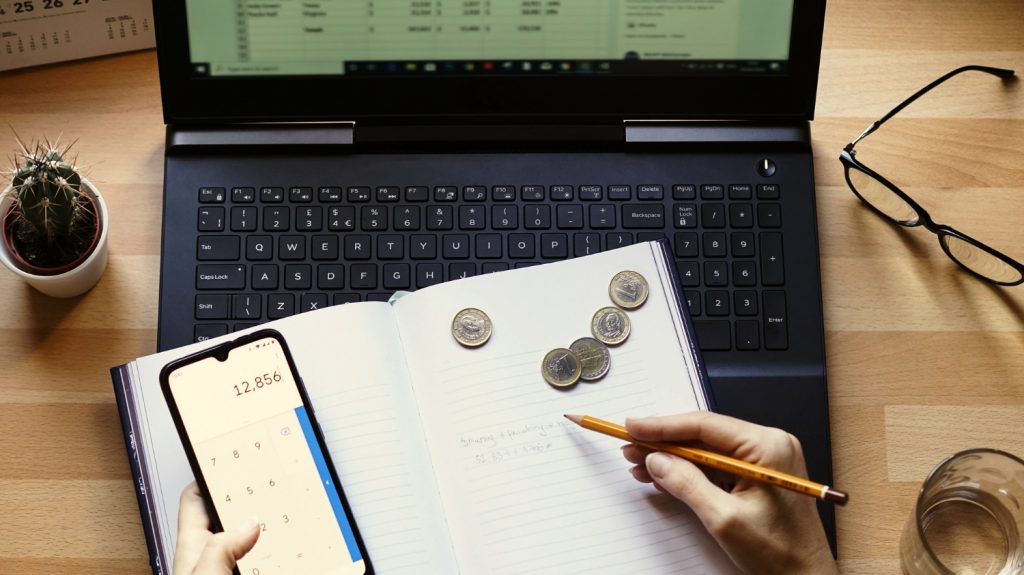
While most of what we hear about are forecasts of a possible economic recession, it is better to plan for it beforehand than in the eye of the storm.
We are far more likely to make bad financial decisions when emotions are running high.
So over the next couple of months, have a cold hard look at your financial plan.
Consider possible scenarios such as what you would do if you lost your job in 2023, and how you can prepare for it in advance.
Stash your cash
Holding on to cash is key for navigating a recession relatively safely.
In 2009, when the unemployment rate reached 10%, it took on average 8 to 9 months for people who had been affected to get back on their feet.
Those who had a robust emergency fund were the ones who managed to continue paying their bills, and had time and peace of mind to figure out what to do next.
Retool your budget and strive to put more money into your savings. Ideally you want to have at least 6 to 9 months worth of living expenses stashed.
To do that successfully, cut expenses where you can.
Boost your income
You can do this by taking on one or more “side hustles”.
Not only will this help you add more money to your savings faster, but in the event that you lose your job, it could provide you with a stream of income.
Look for opportunities to do remote work, try delivery services, or drive for Uber.
Nobody wants to work extra hours, but you are preparing for hard times, and this means extra work.
Do not invest on impulse
History proves that if you have more than 10 or 15 years until you retire, you will do better by sticking with the market ups and downs rather than selling at the bottom.
People who panic and sell during an economic downturn often regret it. So talk to your portfolio manager and consider signing up for automatic rebalancing.
This could ensure your investments stay within your risk tolerance and investment goals.
Watch how interest rates may affect you
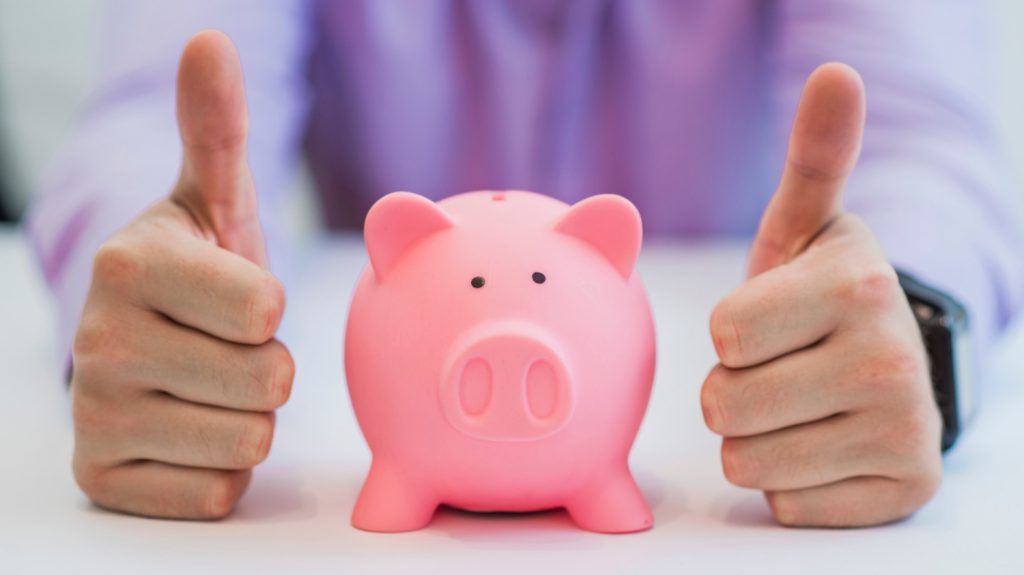
If you are carrying a balance on a credit card, or have an adjustable-rate loan, you might want to look into consolidating or refinancing options.
With interest rates on the rise, your monthly payments could increase significantly, and add more weight that your budget can take.
Consolidating or refinancing debt will keep your monthly payments at more acceptable levels even as the Federal Reserve raises interest rates.
Shield your credit score
A strong credit score will help you qualify for the best loan terms and rates.
Aim for a credit score in the 700s or higher, which generally falls within the categories of Good to Excellent credit.
Pay down high balances, dispute errors on your credit report, and consider consolidating high-interest credit card debt.
This will help you improve your credit score.
Reconsider buying a home
Although home prices have cooled down in some areas, the housing market remains competitive with rising mortgage rates.
If you know this will add pressure to your budget, consider renting for a little longer.
Plus, losing your job while paying for a mortgage will not help your finances in the short and long terms.
Treat your valuables with care
The ongoing supply chain issues have caused high prices and delays in a number of sectors.
Products such as cars, home materials, furniture, and tech products have become more difficult to get.
With that in mind, make sure you protect what you have already got. If your computer offers a free warranty, sign up to it.
If your car insurance is expensive, consider cutting back on that cost and drive less to keep your asset safe from accidents.
Learn how to earn higher interest on your money
There are many ways to save money. But some will grant you more interest than others.
In the following content, you can find tips to earn more interest on your savings.
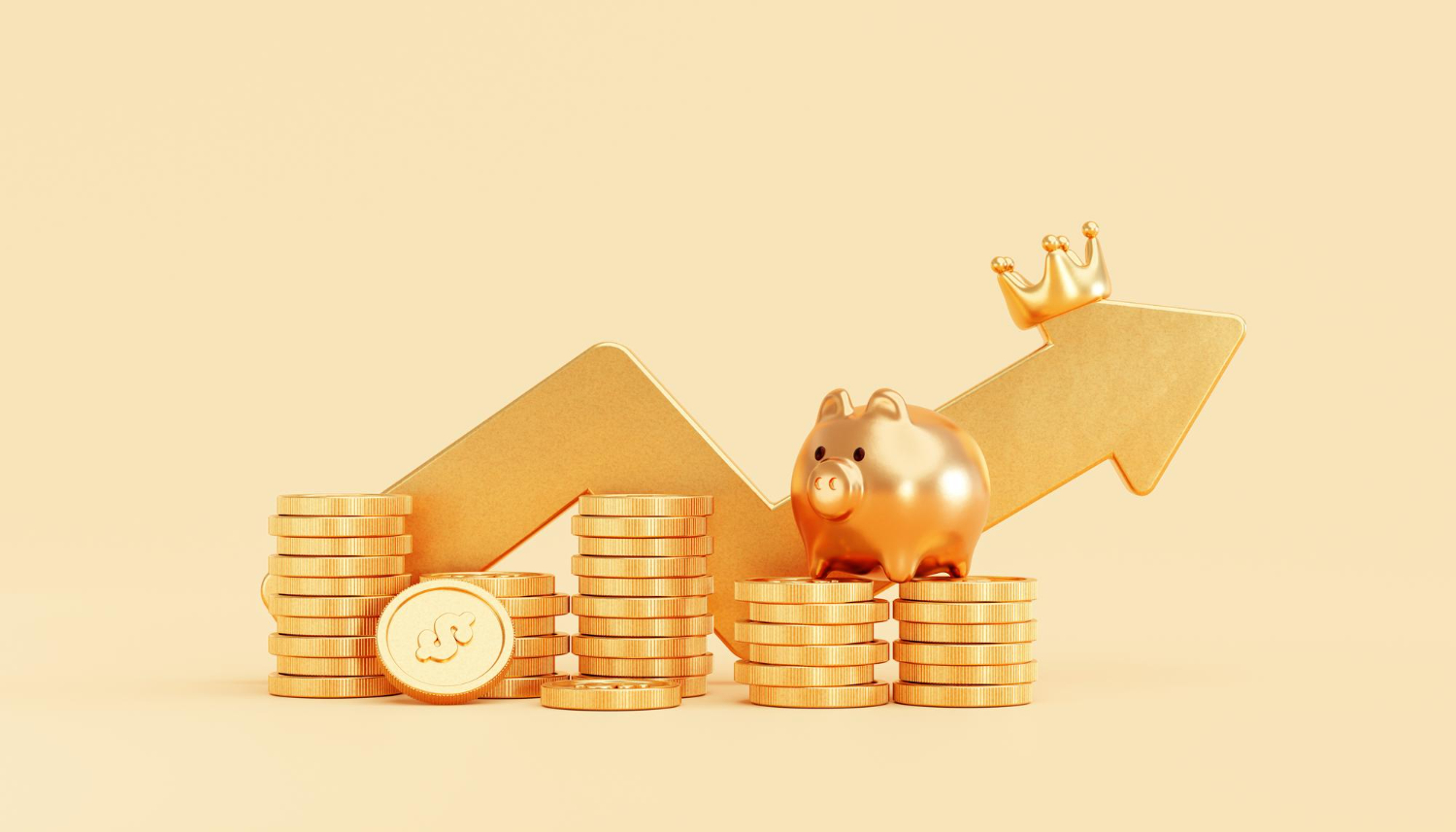
7 Ways to Earn Higher Interest on Your Money
Boost your financial goals today! Learn about these 7 ways to earn higher interest on your savings.
About the author / Danilo Pereira
Trending Topics
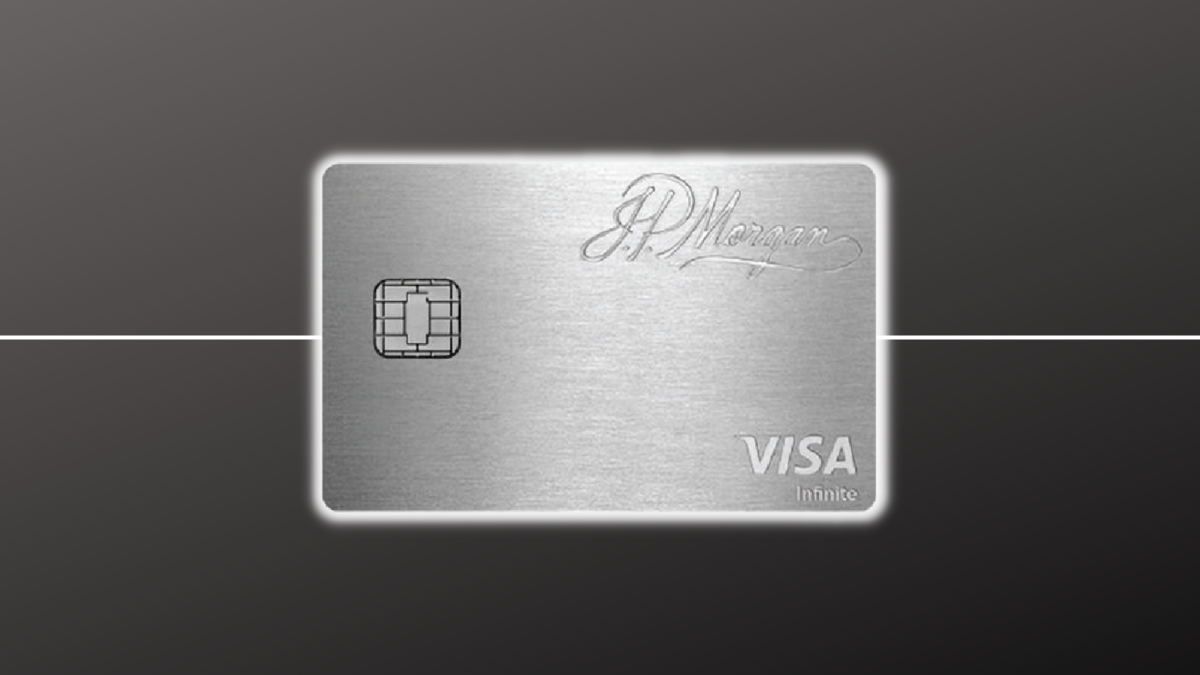
J.P. Morgan Reserve Card review: a top-tier card
Read this J.P. Morgan Reserve Card review and find out how this top-tier card allows you to earn points at a high rate.
Keep Reading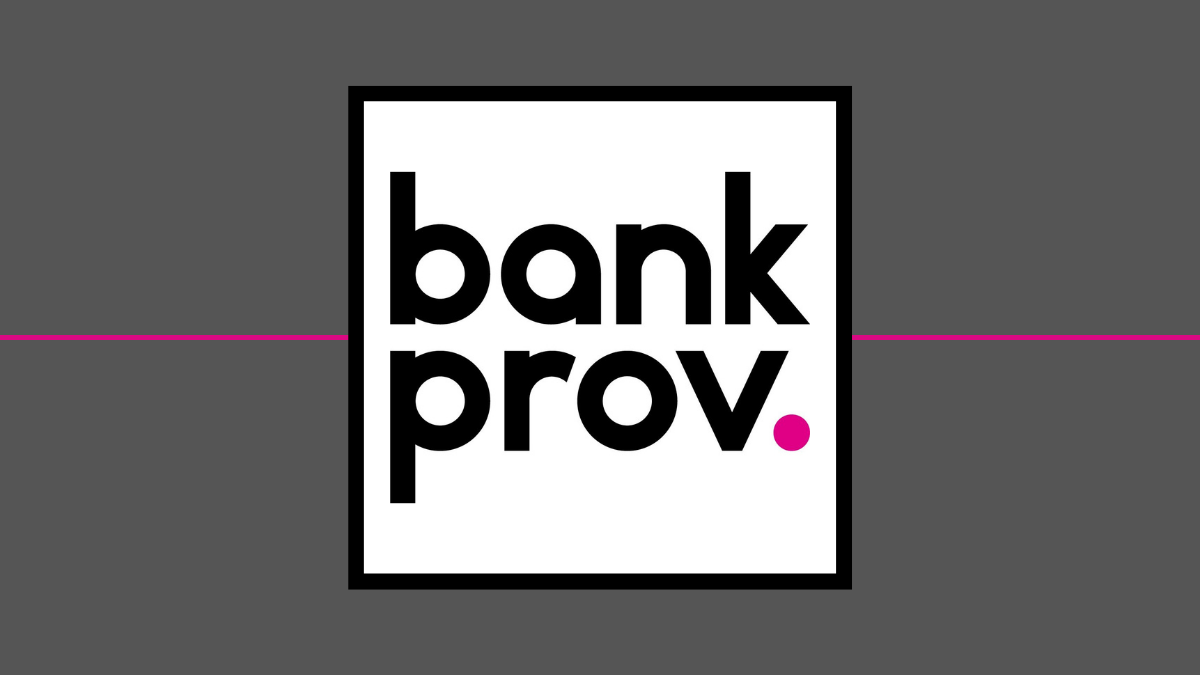
BankProv review: is it trustworthy?
This BankProv review presents this innovative bank that specializes in intelligent financial solutions for state-of-the-art businesses.
Keep Reading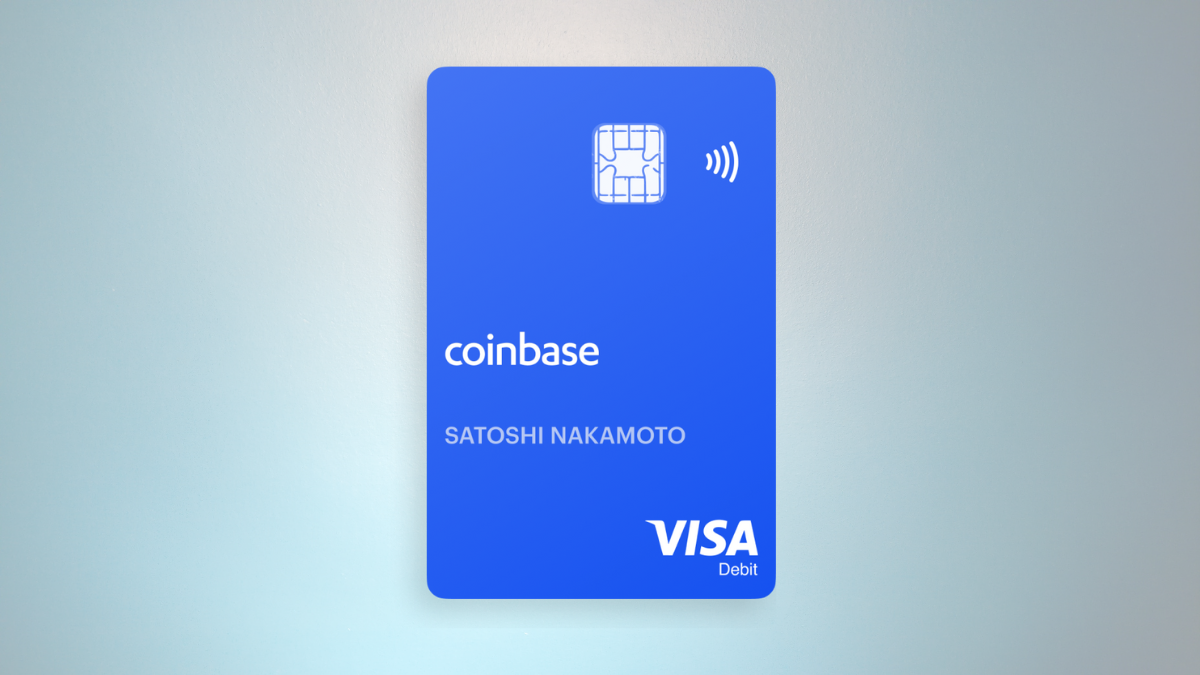
Coinbase Card review: a simple way to accumulate crypto
In this Coinbase Card review you will see how this card allows you to accumulate crypto at virtually no risk.
Keep ReadingYou may also like
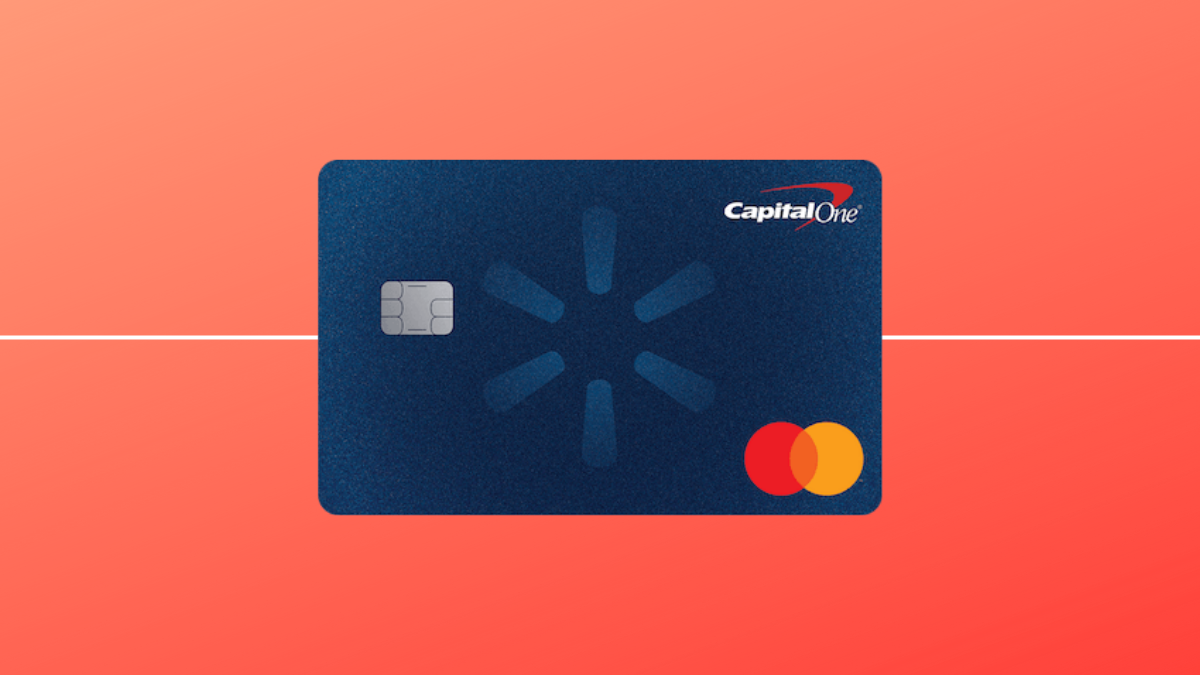
Capital One Walmart Rewards® credit card review: Get up to 5% cash back at Walmart
If you're a frequent shopper at Walmart, read this Capital One Walmart Rewards® review to see all the benefits of having this card!
Keep Reading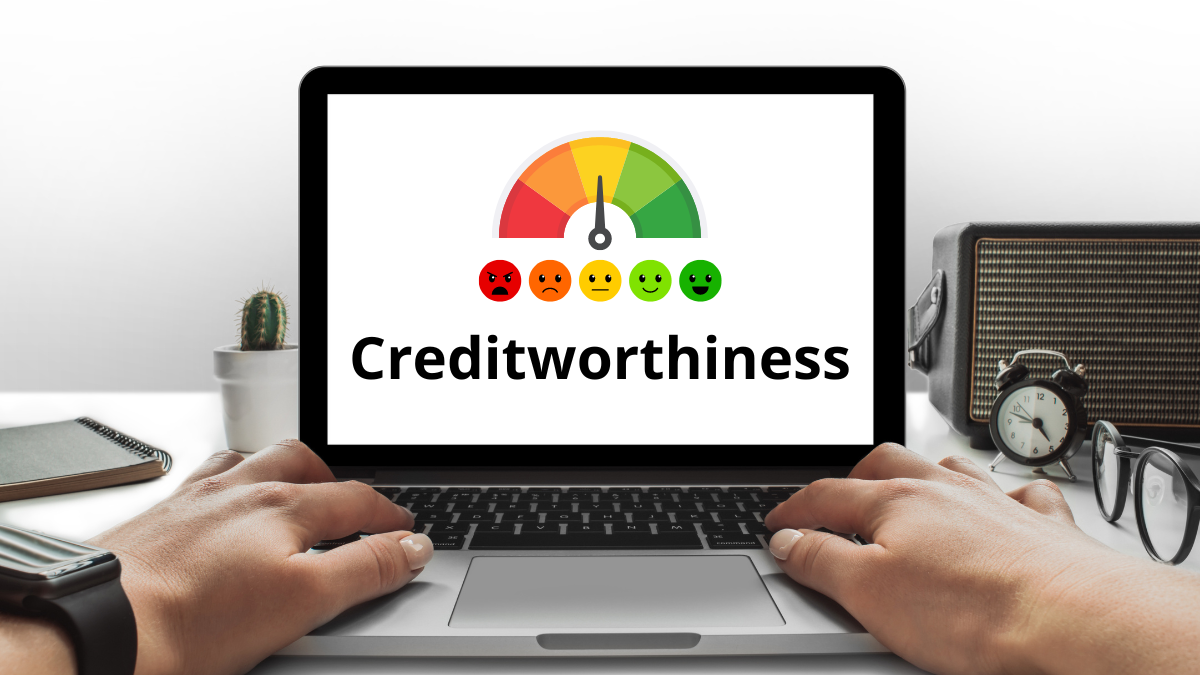
What is creditworthiness?
Wondering what creditworthiness is? Read this article and understand how it affects your financial well-being.
Keep Reading
OppFi® card review: No security deposit required
In this OppFi® card review you will see that you can get this card with no security deposit even if you have bad credit. Check it out!
Keep Reading